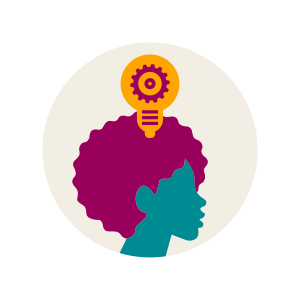The foundation of our identity drives cooperatives to pursue fundamental positive change in our world such as support for the UN’s 2030 Sustainable Development Goals. As grassroots organisations led by their members, cooperatives are working strongly to offer effective approaches to sustainable development in the communities in which they are rooted. But how are UN global policies being turned into effective local actions?
World Cooperative Congress Sessions
Plenary Session 4: Living our Cooperative Identity
The foundation of our identity drives cooperatives to pursue fundamental positive change in our world such as support for the UN’s 2030 Sustainable Development Goals. As grassroots organisations led by their members, cooperatives are working strongly to offer effective approaches to sustainable development in the communities in which they are rooted. But how are UN global policies being turned into effective local actions?
Parallel Session 4.1: With Rewarding Jobs
To maintain the cooperative movement’s vision of fair and ethical economic development to ensure a bright future and rewarding jobs, more autonomy and active participation in decisions for workers, cooperatives must adapt to the changes brought about by computer systems and AI. They demonstrate a high level of innovation in creating new forms of work and working relationships. How will the relationship between unions and cooperatives look like in the future? What lessons can we learn from these new approaches?
Parallel Session 4.2: With Accessible Health and Social Services
There are few issues that unite people around the world more than health care and health-related social services, especially under a global pandemic. Cooperatives have excelled in both fields and offer a unique alternative to the debate between public and private services. What innovative approaches have been implemented to face the growing cost of health care? How are cooperatives meeting the growing needs of both aging populations in more developed countries and vulnerable people? What might a cooperative program reflecting the future of care look like? How can the cooperative movement contribute to making health a priority for all?
Parallel Session 4.3: With Enhanced Food Security
The relationship between food production and consumption is being tested in many ways—climate change, drought, flooding, refugee displacement, and rural depopulation. Particularly acute is the disruption of the chains of production and distribution. This, however, has provided a renewed role to cooperatives engaged in agricultural production. How do cooperatives address new ways to ensure production in food systems? How does this contribute to building sustainable, ethical and inclusive value chains?
Parallel Session 4.4: With Affordable Housing and Energy
Access to affordable housing and affordable energy are closely linked. Cooperatives have a role to play in the provision of both. Can housing cooperatives be instrumental in providing clean, affordable energy to their members? Are there opportunities for collaboration with cooperatives in the energy sector?”
Parallel Session 4.5: Within the Social and Solidarity Economy
Cooperatives and other social and solidarity economy actors working with local governments in delivering services within society constitute an engine to improve local and territorial development. It is recognized that the social and solidarity economy (SSE) create wealth in urban and rural areas and contributes to sustainable local and territorial development. What are the best practices in such partnerships? How do we develop policies and programs that are favourable to the social and solidarity economy?




